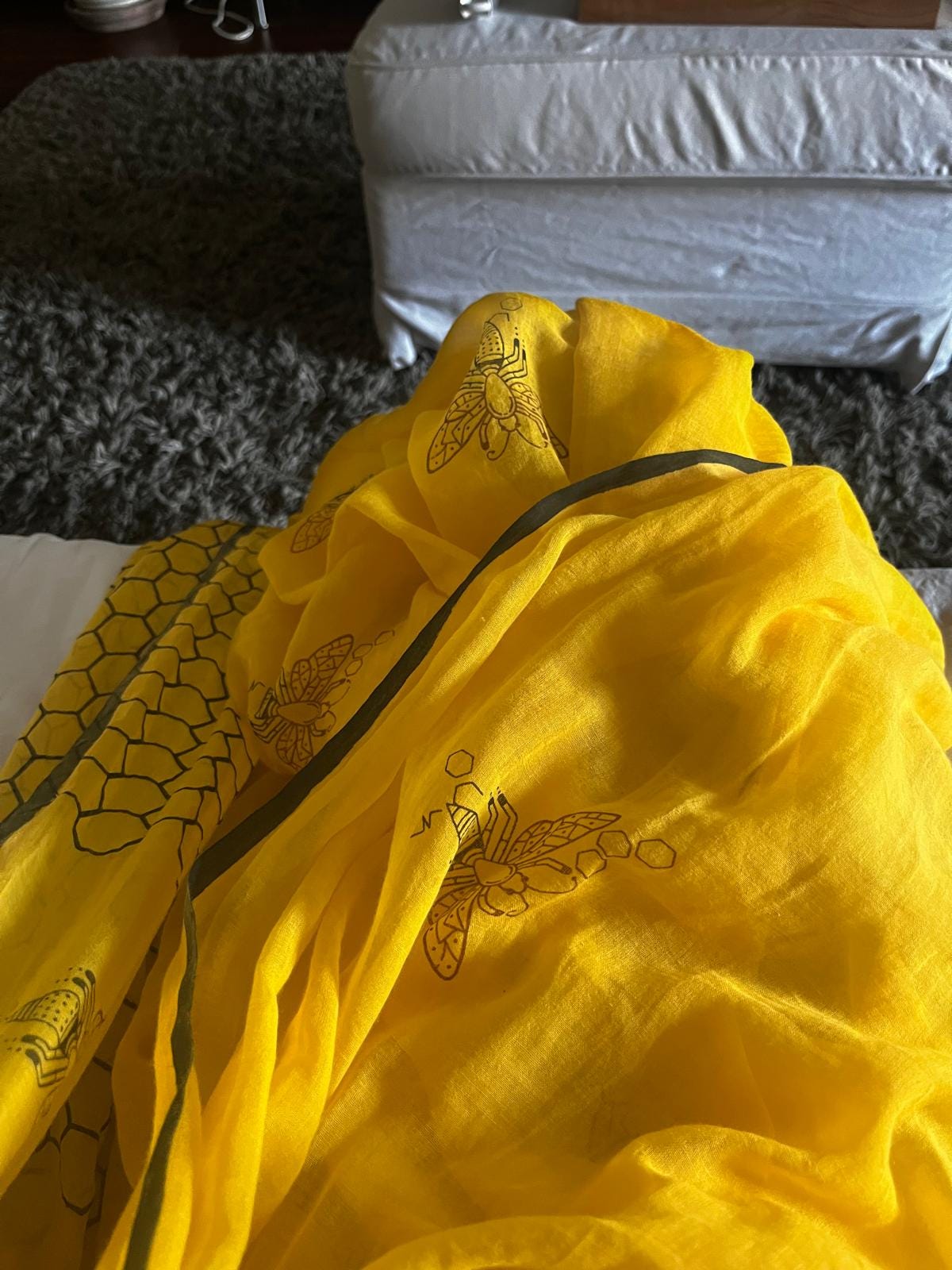Thinking-in-progress: Innocence in Poetry
The image of a teenager writing poetry in the good dark is close to all of us. We have all been that teenager.
A toddler begins learning the alphabet one by one, parsing together A then B then C then so on separately, eventually learning to build words out of those alphabets, then phrases from those words, then sentences, paragraphs, book-length essays.
I have been that toddler; and I have been that teenager who has put these sentences into little fragments, broken them up into lines not quite knowingly, and called it a poem at the end of the night.
Ben Lerner’s essay talks about everything one needs to know about that familiar image. Even though not everyone is a poet, everyone has been a poet. I myself have come to that conclusion—after talking to tens and twenties and fifties of people, friends and strangers who have divulged to me their poetic secrets—that, indeed, everyone has been—or still is—a poet.
We all started out in one of these ways: we were twelve, or thirteen, or fifteen, and began keeping a diary. We were journaling. We had a phone, and on it, the beloved notes app (thanks iphone for the lock on it—I couldn’t have anyone reading those).
In my recent poetry workshop in Karachi, I was lucky to receive “beginner” poets (this is how they would self-describe). Which meant, after being in company of “poets” poets, I was feeling refreshed and challenged in every discussion. I had to rethink my own assumptions, ideas of what a “poem” is, especially who a “poet” might be.
Which leads me to—these days—thinking about Innocence in poetry. The inherent nature of keeping that diary or journal as a child is innocent, because the child is innocent. They write because they want to write. A child doesn’t know tradition, can not recognize form, can not mimic techniques. They write for no one else but themselves, their own eyes, their own reflections on the very human things they feel: heartbreak, grief, sadness—though they can’t name that as such then.
(I should add—after teaching poetry to enough primary and secondary school graders—that a child can conjure up the most strange, unique, and utterly original image in seconds. I’m always baffled.)
So, what is the equivalent of that innocence in poetry when one becomes a “poet” poet? When one can tell the difference between a sonnet and a pantoum, can recognize a ghazal from a haiku + all the connotations they contain? When one—even though one doesn’t want to—writes for an audience… for readers?
Is it innocence that evolves into sincerity as one evolves in age? Can it only be achieved through the poet-speaker “remembering” “imagining” “wondering” or invoking their child-self?
What is “innocence” in poetry? Do any poems or poets come to mind? Please send them my way.
Shlagha Borah, whose poem I translated on my Substack, interviewed me for SIN (Chestnut Review, 2024). I am astonished at the sophisticated end-result because over the Zoom call of our interview, I was basically just yapping.
Here’s a little excerpt from the interview:
Please read it here if you are interested: https://gristjournal.com/2025/04/i-write-for-my-beloveds-an-interview-with-javeria-hasnain/
I am at work with teaching, and translating, and writing, and chilling. So more things and thoughts and news upcoming.
If you like what I do, share among friends? It’ll help very much.
Until next time,
Javeria




